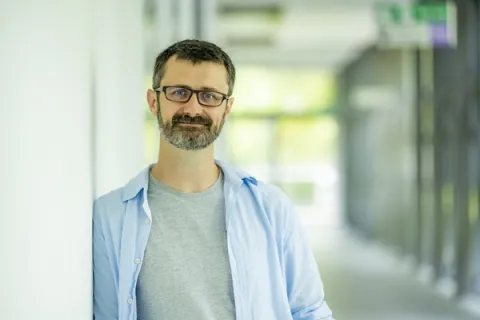Project overview
Digital tools and software are revolutionising the nature of data and research across the arts
and humanities community; how data is collected and analysed, and how it is managed,
shared and sustained for future generations.
> The principles of open research and the necessity of providing effective infrastructure to support
the changing shape of research are driving policy and practice across UKRI, higher education and
government.
> The rich disciplinary diversity that characterises arts and humanities research poses challenges
for providing infrastructure and support for research skills that can meet wide ranging needs and
priorities.
> There is a lack of evidence about current research practices and levels of engagement in and use
of digital tools in the arts and humanities community and the implications of this for digital skills
gaps and needs.
> AHRC commissioned a team at the Universities of Southampton and Oxford to undertake a study
into how best to support and build the skills, knowledge and capacity of the research community to
utilise digital tools and infrastructure and ensure world class research.
Our study involved an iterative three stage, mixed methods research design that entailed:
1. A scoping stage which involved a mapping of the arts and humanities community; a review of
literature and UKRI data policies and 12 exploratory interviews with researchers and stakeholders.
2. A large-scale survey of researchers from across the community, including those in a wide range of
higher education institutions and independent research organisations; in various roles (academic,
professional and technical); at various career stages (junior, early, mid and senior); and from a
broad array of arts and humanities disciplines. Responses were collected from 335 researchers
(281 complete). The survey measured current research practices including data collection and
analysis, data management and sustainability, use of software, institutional support and research
skills.
3. In-depth semi structured interviews with 30 survey participants who had opted in to further research
and were purposively selected to capture disciplinary and career stage diversity. The interviews
explored research practices, experiences, cultures and skills including barriers and facilitators to
training and development, forms of institutional support and future policy scenarios.
KEY RESULTS AND FINDINGS
Data and software practices
> Arts and humanities researchers were collecting and analysing an array of digital and non-digital
data forms, often more than one. Over 80% were working with textual data, 70% with images, 45%
with audio, 42% with physical artefacts and 40% with numerical data.
> 75% of respondents had used software in their research. Of those over 50% used resources provided
by their institutions and around 25% were using open-source software. Just 17% were developing
their own software or drawing on expertise to develop bespoke software for their research, which is
lower than other communities.
> Both survey and interview data suggested a spectrum of engagement with digital tools and
software ranging from committed users to steadfastly 'analogue' and theoretical approaches. Most
respondents fell somewhere in between.
> Routine sharing of data was low, only 27% said they regularly shared it. 22% said they had never
shared their data. Digital humanities scholars were more likely than others in the community to be
engaged in routine data sharing practices.
> Around 38% of researchers mainly stored their data at the end of the project in a shared area
provided by their institution (i.e., Google Drive or SharePoint) and 17% used a personal shared

